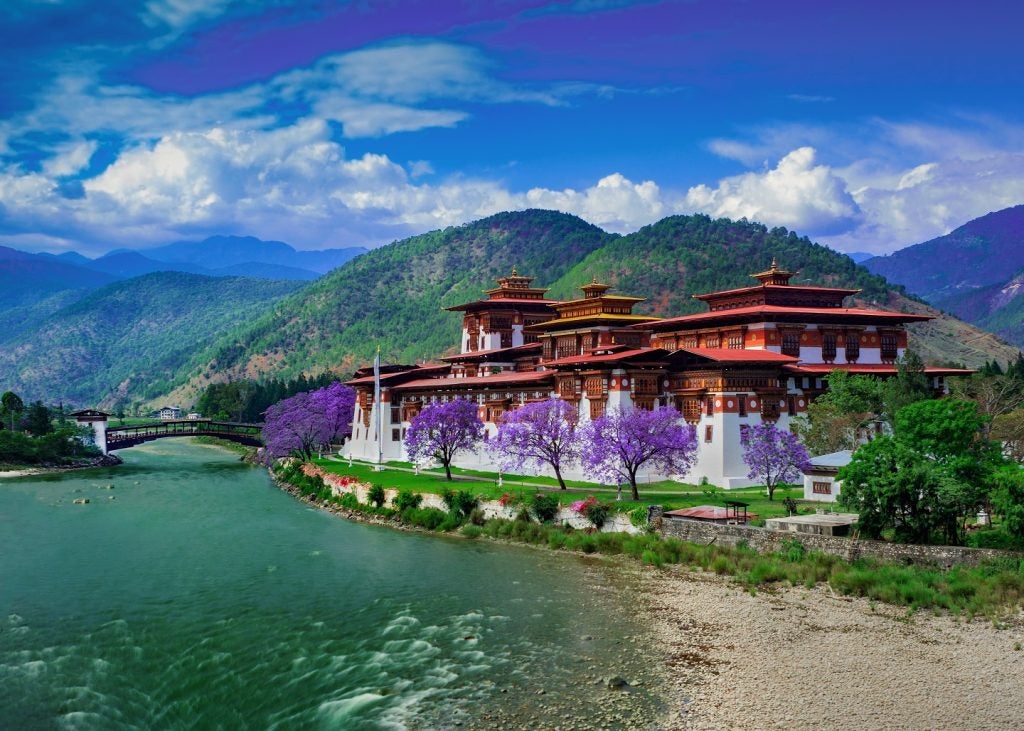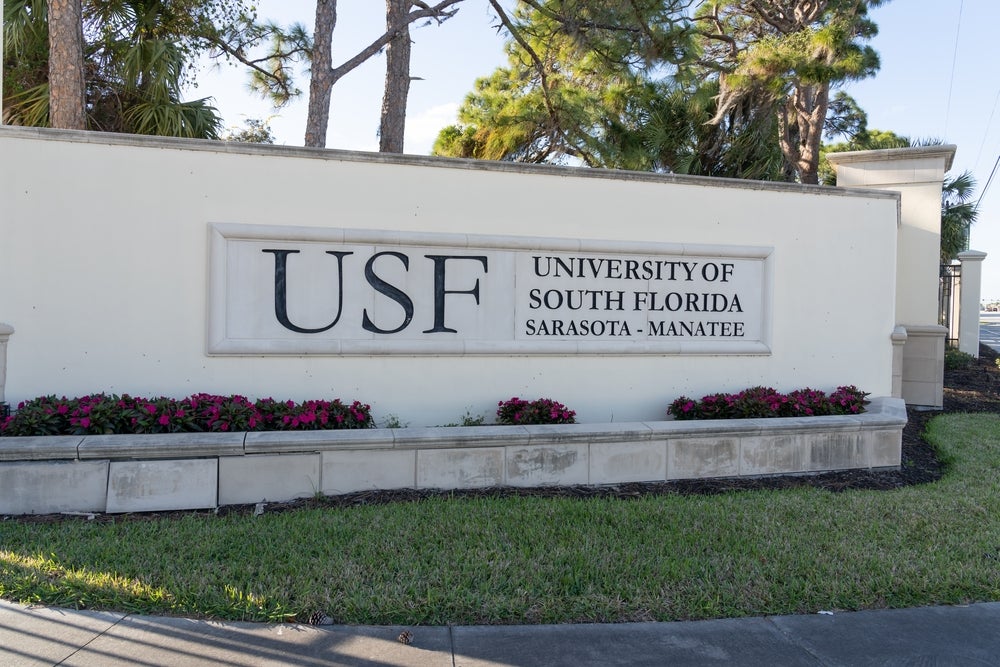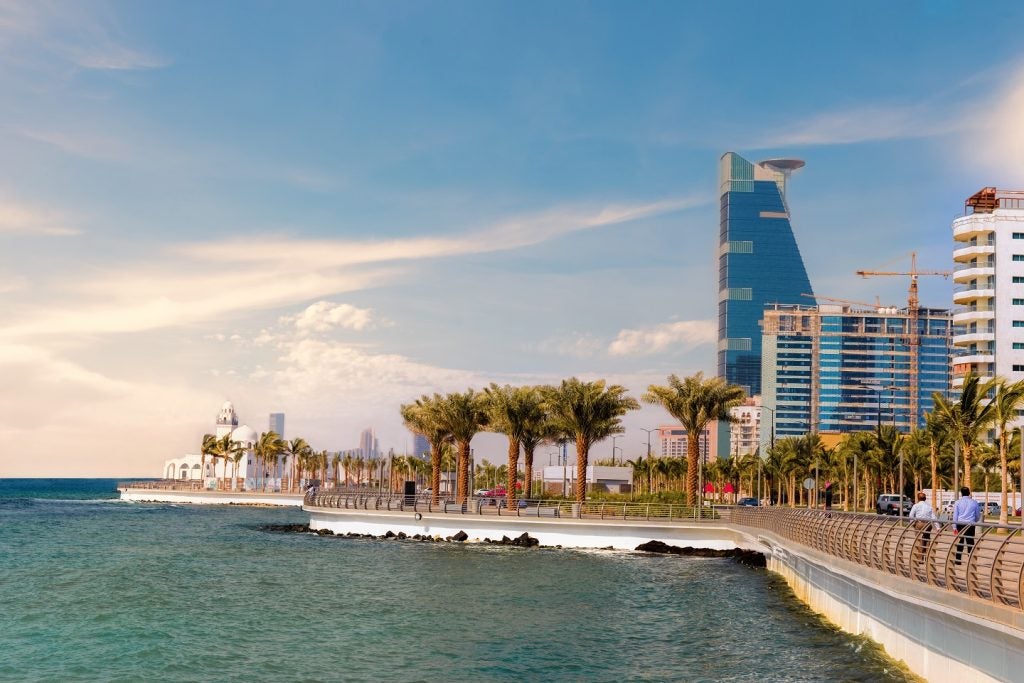
The International Olympic Committee’s decision on 2 October 2009 to select the Brazilian capital of Rio de Janeiro as the host city for the 2016 Olympic and Paralympic Games is likely to have significant repercussions for the infrastructure and economic development of the nation. From new investment in roads, airports and railways to the rapid development of the country’s hotel and tourism industry, Brazil will witness the launch of large-scale projects over the next seven years.
The fact that the country will also be the host nation for the 2014 FIFA World Cup only provides further incentive to complete necessary infrastructure upgrades on time and without problems. According to UK Trade & Investment, Brazil’s infrastructure could require an investment of £10bn-30bn in order to successfully prepare for the event.
Realising this, the Brazilian Government has already launched its flagship investment programme aimed at stimulating economic growth and developing infrastructure. Announced in 2007, the Accelerated Growth Programme allocated about £208bn for the next four years nd a further £125bn for investments post-2010. By the end of this year, the Government hopes to have outlined state-funded infrastructure projects that can support the World Cup in 2014.
The pressure is on
As the world’s fifth-largest country and the most influential economy in South America, Brazil is under pressure to deliver successfully for the Olympic Games, which it will host after fighting strong competition from the US. The event will mark the first time a South American country has hosted the event and, with Brazil now being considered alongside Russia, India and China as one of the powerful BRIC emerging economies, the spotlight for the event will be even more intense.
In particular, the country’s hotel sector faces a race against time in preparing to support the phenomenal increase in visitors expected during the tournaments. Like many other previous host nations – including South Africa with the forthcoming World Cup – Brazil’s hotel industry has never had to deal with an event the size of either of the two tournaments.
See Also:
Ioannis Pantelidis, senior lecturer in hospitality and tourism management at Metropolitan University London, believes the country is likely to witness significant investment in its hospitality sector.
How well do you really know your competitors?
Access the most comprehensive Company Profiles on the market, powered by GlobalData. Save hours of research. Gain competitive edge.

Thank you!
Your download email will arrive shortly
Not ready to buy yet? Download a free sample
We are confident about the unique quality of our Company Profiles. However, we want you to make the most beneficial decision for your business, so we offer a free sample that you can download by submitting the below form
By GlobalData“Tourism in Brazil is generally growing and there remains plenty of opportunity for further growth,” he says. “Now that Rio has secured the 2016 Olympics we have already seen a huge interest from large corporations wishing to increase their investments in the area.
“I think the biggest challenge for local hospitality professionals will be trying to ensure that the media attention of the Games does not only benefit tourism in Rio, but also the surrounding areas. It needs to develop a strong tourism brand that can reflect the sector in Brazil as a whole. Brazil has a great number of big, attractive cities that have a relatively small hotel provision when compared to cities of equal size in Europe or the US.”
Hospitality committment
According to reports, Brazil has already committed to making more than 48,000 rooms available for the Olympics. Given present levels of hotel infrastructure in Rio de Janeiro, a great deal of investment is still required. Pantelidis identifies this as coming from a combination of federal and private funding.
“It is thought that the Ministry of Tourism will invest more than $140m in the sector,” he says. “International firms will certainly be upping their interest in Rio properties. Companies such as Accor, Marriot and InterContinental, for example, already have a base there and with the new licences that will be made available I suspect a number of other international companies are already seeking potential sites.”
Brazil will also be aware that during the month of the World Cup in 2014, the global media will be analysing whether it has the capabilities to go on and successfully deliver the Olympic Games.
“Hosting the World Cup in 2014 will be a great opportunity to test readiness for 2016 and even learn from possible mistakes,” says Pantelidis. “Many past Olympic cities have seen an increase of tourism after the Games, which can rise exponentially in the following three to five years. Other past Olympic cities have also been able to capitalise on conference tourism, which they were unable to do previously due to lack of infrastructure.
“The biggest positive for Brazil would be to see under-developed hospitality products getting the attention they require in order for Rio and the country in general to reap the benefits for years to come.”







